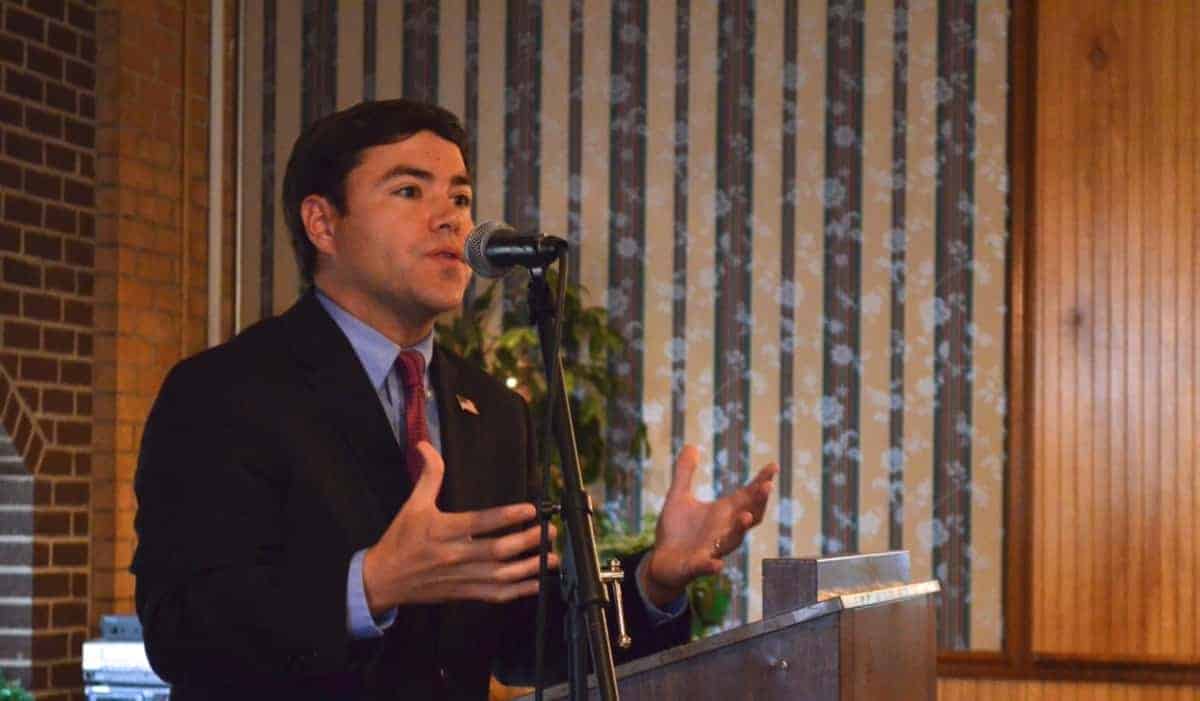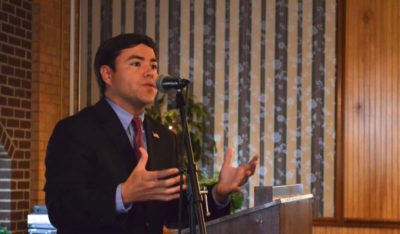As state superintendent of North Carolina’s public schools, I often hear from other leaders that standardized tests help hold students, teachers, and schools accountable. Accountability is important for our schools but also for our leaders. The testing system that the education-industrial complex built over the past decade forces our students and teachers to endure too many high-stakes tests layered on by federal, state, and local authorities.
It must stop.
Since being elected superintendent, I have worked hard to give voice to those who have the most to gain and lose in our K-12 schools. Breaking new ground for the state education agency, we emailed parents directly a few months ago, asking them what they thought of standardized testing. More than 42,000 responded, and 78 percent told us that their child takes too many tests.
Our classroom educators agree. At the end of last school year, we asked teachers what they thought of standardized testing. More than 25,000 of them took the time to respond, and 76 percent said that North Carolina’s students are tested too much. I agree as well — as both an education leader and as a parent of a child in our public schools.
The concerns from parents and educators do not shock me. I hear them frequently as I travel across the state to listen to parents and teachers. Even more, I volunteered as a proctor for an end-of-course exam for fourth graders last year to get the firsthand experience.
Clearly, there is too much testing. But parents, educators, community leaders, and education leaders also agree that we do need to strategically monitor progress. Otherwise, how can parents be assured their children are learning? How will teachers know what their students need? How will employers know that North Carolina high school diplomas mean students are ready for their next steps?
This is not a new dilemma. In fact, we have seen two decades of swings back and forth since the accountability movement went nationwide with the No Child Left Behind Act. It’s an old problem, but fortunately, there is a new solution to it.
For years, we have demanded 21st-century results from the education system, but we have only given our students and teachers one-size-fits-all, 20th-century tools and strategies. Now, we can and must work together to transform the education system to better support all teachers and students.
Personalize, don’t standardize
No child is standard. There is no “average” student. We are all unique individuals with different strengths. Yet, the education system relies on standardized tests that are designed based on what the “average” student should know.
To be sure, we must measure our students’ progress, but we can do that with fewer and better tests, and especially by using technology to replace outdated testing methods.
New, personalized learning technology allows teachers to get the information they need about students’ progress without high-stakes testing. Especially in the early grades, progress checks can feel like a normal, engaging lesson instead of an examination. In many cases, students won’t even know we are checking in on their progress.
We are working with local superintendents and state leaders to reform the system of over-testing that the education industry created. In doing so, we can get back the time for teachers to do what they entered the profession to do: teach.
Some of the ways we are attacking the problem of over-testing this year are:
- Reducing the number of questions on tests
- Reducing the time students must sit for tests
- Changing testing policies to reduce stress at schools around testing time
- Working with local leaders to reduce the number of tests
- Pushing to eliminate tests not required by Washington, D.C.
- Giving students other ways to show progress if they have a bad test day
- Using the appropriate amount of technology as a tool for students and teachers to personalize learning and eliminate tests
We have already taken action on many of these points, and others are now in progress. See NCsuperintendent.com for more information.
Some of the ways we are transforming our education system so that it better supports students and educators are revolutionary. Some are common sense. All of them require us to hold the education-industrial complex at least as accountable as we hold students and educators. We are doing that, and the future is bright for North Carolina’s public schools.



